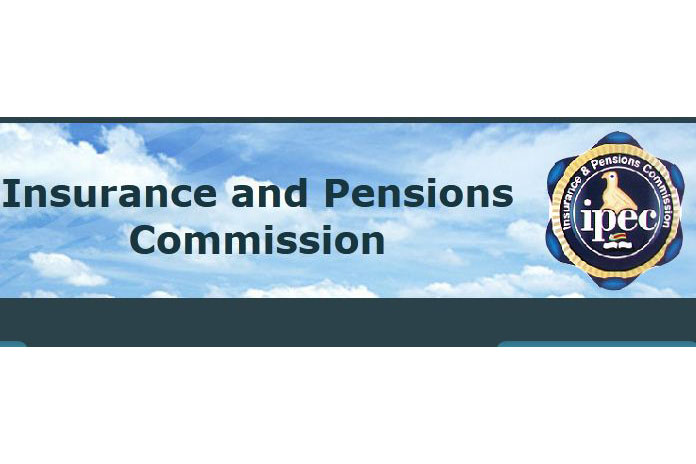
SHORT–TERM insurers total gross premium written (GPW) increased by 521,59% to $817,93 million during the first quarter (Q1) ended March 2020 buoyed by insurance premium increases and change in currency, the latest report by the Insurance and Pension Commission (Ipec) has shown.
BY FIDELITY MHLANGA
GPW grew from $131,57 million in the first quarter of 2019 before the introduction of the Zimbabwe dollar in June last year.
The total business written by short-term reinsurers increased from $60,63 million for the quarter ended March 31 2019 to $461,27 million for the period under review.
“GPW by short-term insurers amounted to $817,93 million, reflecting a 521,59% increase from $131,59 million reported during the comparative period in 2019. The growth is mainly as a result of currency reforms which resulted in continued increase in insurance premiums,” Ipec said.
Motor, fire and accident business classes were the main sources of business, accounting for 77,27% of total GPW. However, in real terms, total business generated by both short-term insurance and short-term reinsurers declined by 19,65% and 1,66% respectively.
Total assets for short-term insurers increased from $1,90 billion as at December 31, 2019 to $2,66 billion end of March 2020
Adjusted for inflation, the assets for the short-term insurers contracted by 5%. Sixteen (16) out of eighteen (18) short-term insurers were compliant with the minimum capital requirement of $37,5 million as at March 31, 2020.
- Chamisa under fire over US$120K donation
- Mavhunga puts DeMbare into Chibuku quarterfinals
- Pension funds bet on Cabora Bassa oilfields
- Councils defy govt fire tender directive
Keep Reading
The reported capital positions were computed without accounting for non-admissible assets as stipulated in Statutory Instrument 95 of 2017. The non-compliant players submitted their compliance roadmaps and the commission was closely monitoring implementation of the roadmaps.
Investments in prescribed assets fell from 6,35% to 4,71% and from 10,50% to 3,04% for short-term insurers and reinsurers respectively.
“Only two short-term insurance players were compliant with the minimum prescribed asset ratio of 10% as at March 31, 2020. All non-compliant players submitted their compliance roadmaps and the commission is monitoring them closely,” Ipec said.
Short-term reinsurers reported an asset base of $1,68 billion as at March 31 2020, reflecting a nominal growth of 47,71% from the $1,13 billion reported as at December 31 2019. In real terms, the asset base for short-term reinsurers only grew by 1%.
“As at March 31, 2020, all the registered short-term reinsurers except one entity reported capital positions that were above the minimum capital requirement of $75 million,” Ipec said.
Premium income by insurance brokers increased by 641% from $53,65 million reported for the first quarter of 2019 to $397,43 million.
“Insurance brokers recorded $57,37 million net brokerage commission for the first quarter of 2020. In real terms, insurance brokers premium written regressed by 4,58% while brokerage commission contracted by 1,07% under the review period. This is in line with the drop in the written premium by the primary insurers in real terms,” Ipec said.
The majority of the insurance and reinsurance brokers had regulatory capital which was in excess of the required minimum threshold of $1,5 million.
There were 72 registered entities in the short-term insurance sector as at March 31 2020.
This consist of 18 insurance companies, one micro-insurer, eight reinsurance companies, two underwriting management agencies, 32 insurance brokers, seven reinsurance brokers, 36 loss assessors, 140 corporate agents and 480 sole agents.











